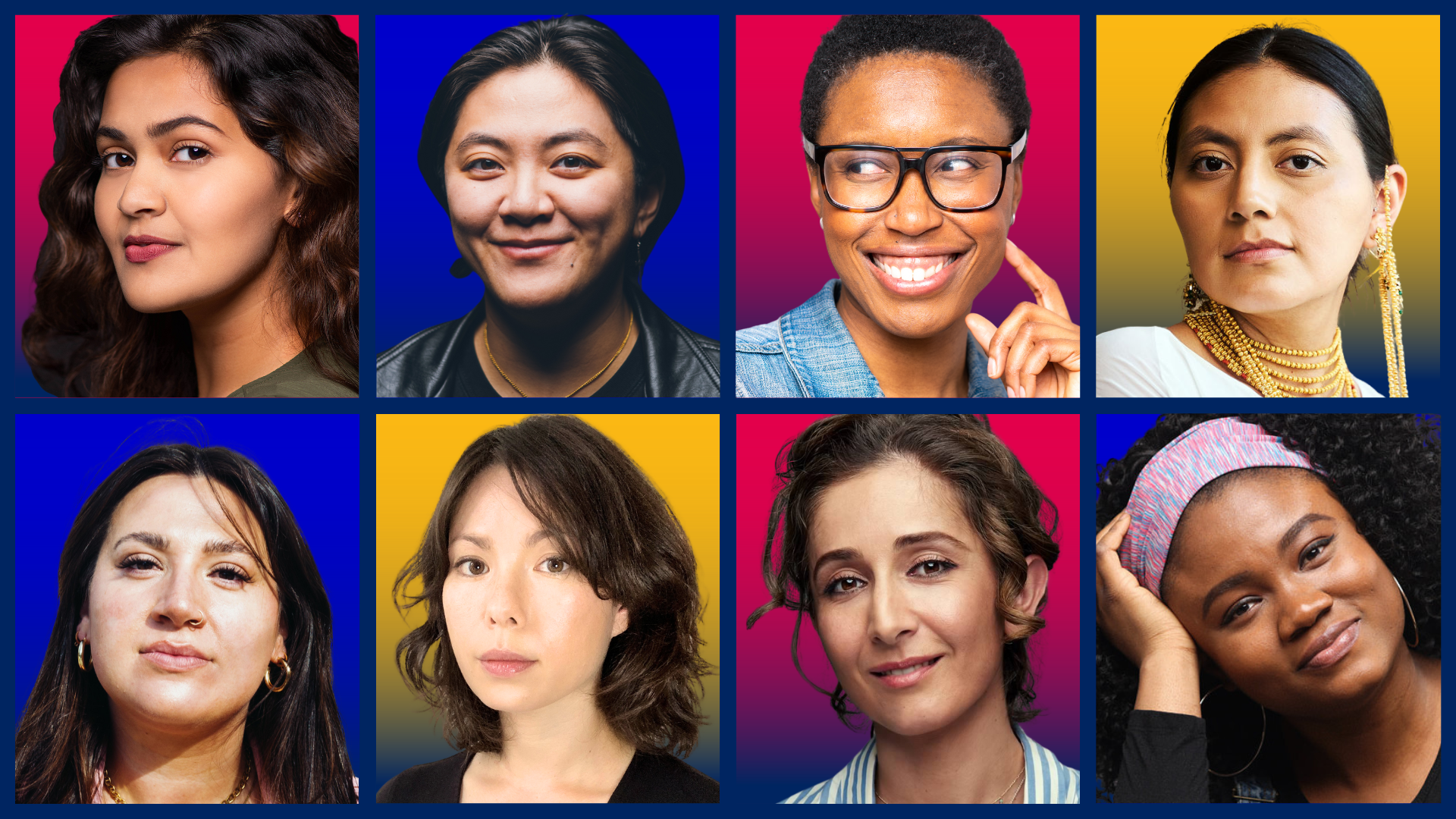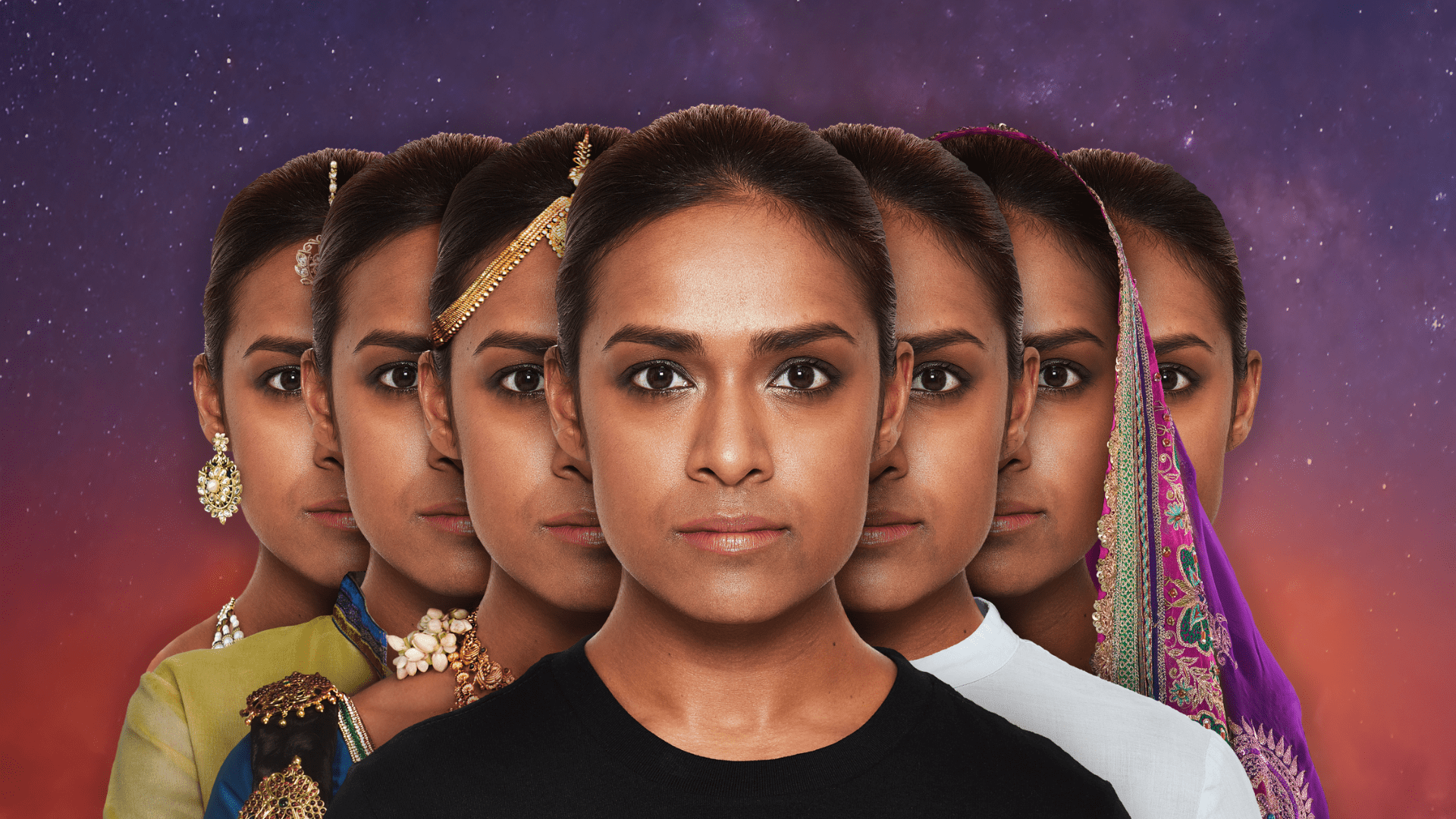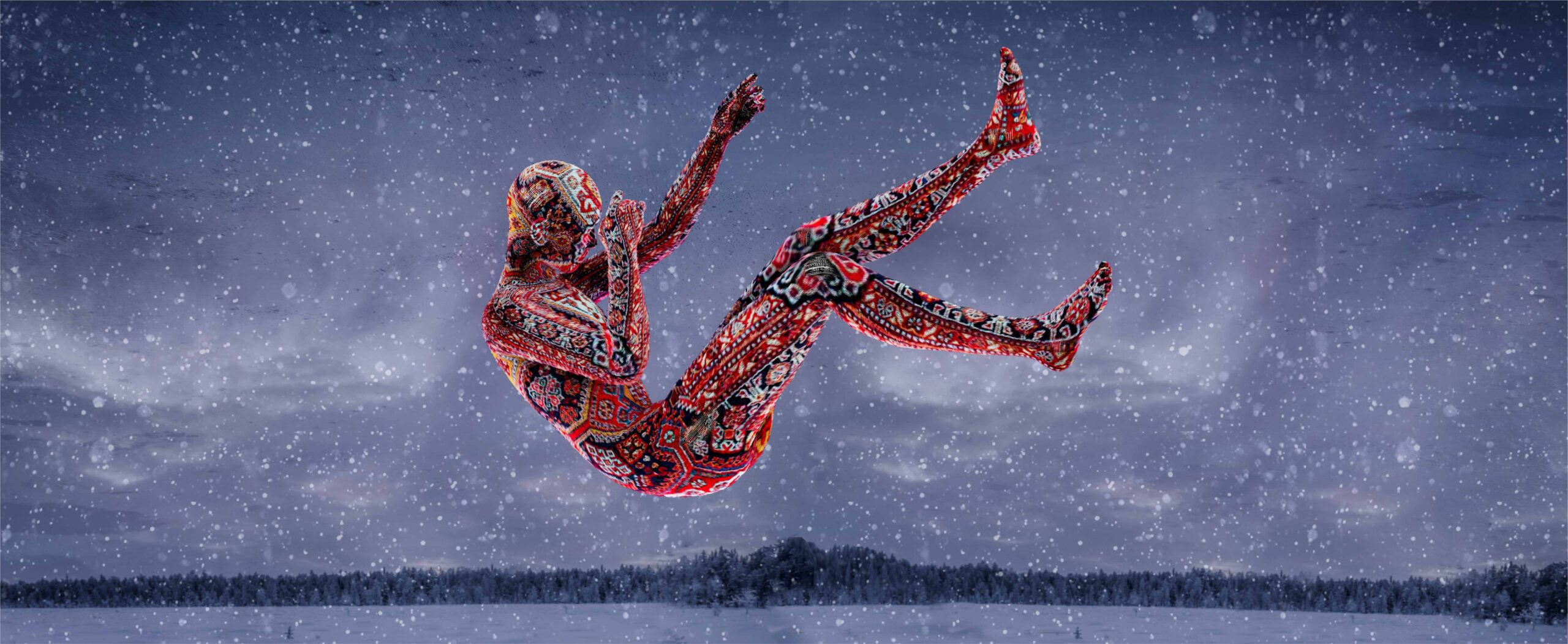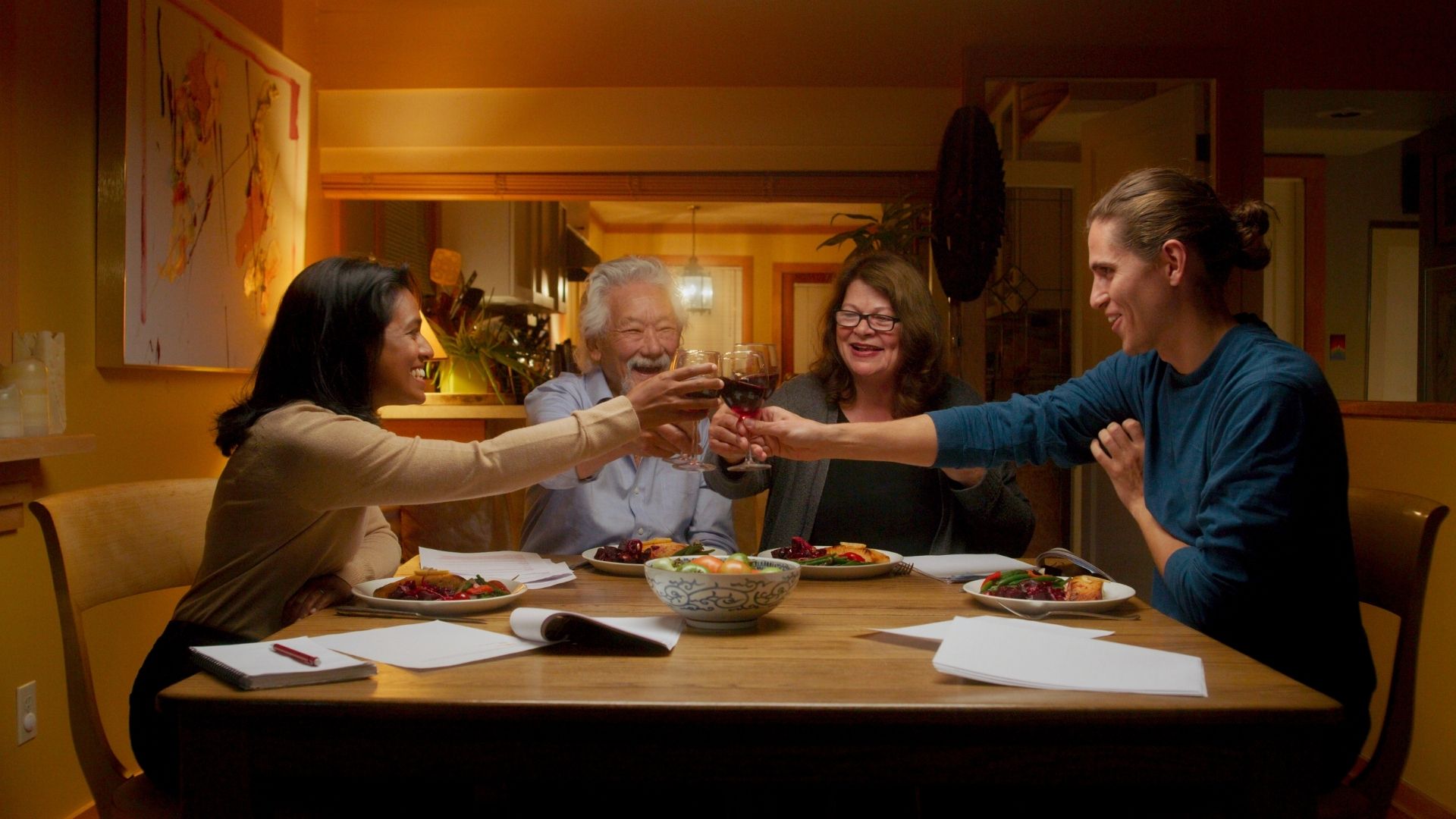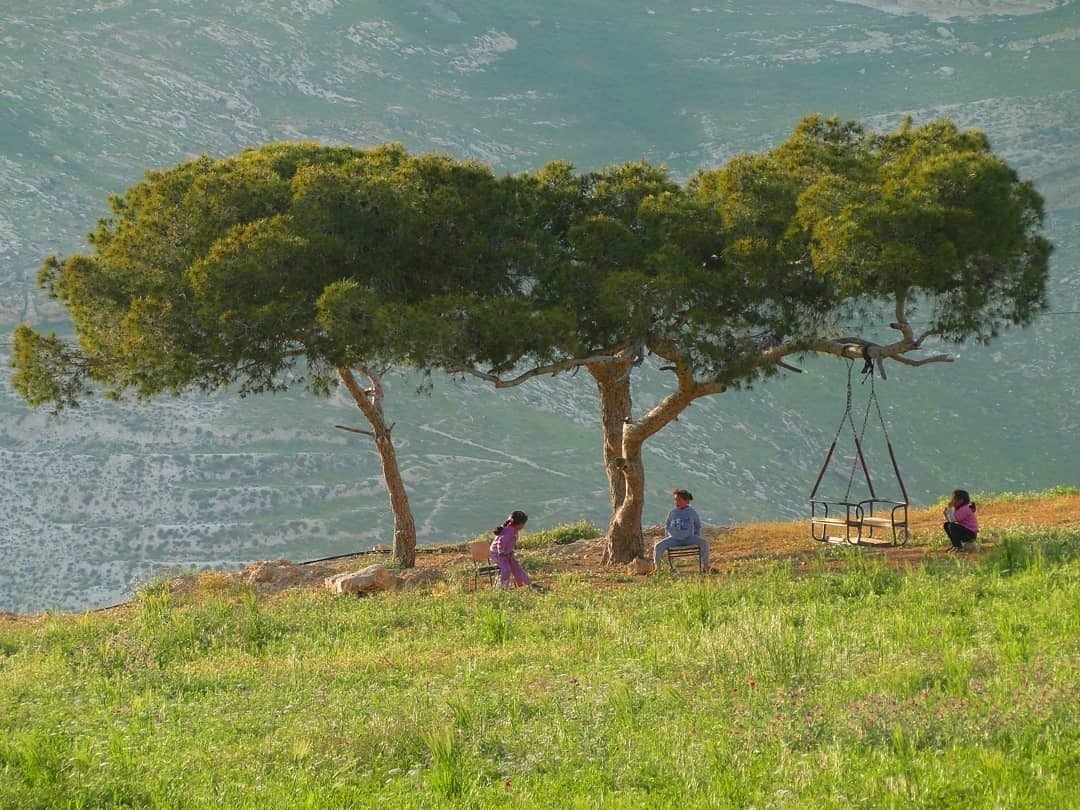
Hidden Palestine: A Journey Back Home
Hi! My name is Mira Salti and I lead the partnership initiatives at Why Not Theatre. I wanted to share with you a small side project that my partner and I work on. But before I begin, I feel it is important to share my background story for some context.
I am Palestinian-Jordanian. I am both, because my grandparents were expelled from Jerusalem in 1948 during the Israeli invasion (Nakba) where they relocated to Jordan. The term ‘Nakba’ translates to ‘disaster’ or ‘catastrophe’ in Arabic, due to the permanent displacement of 750,000 Palestinians — one of whom has been an anchor in my life, my paternal grandmother. I grew up in Jordan seeing beautiful old photographs of her in Palestine and I knew I had to tell her story. Over many cups of Turkish coffee and cardamom tea, she introduced me to our heritage and I savoured every sip of it — she spoke of our food, oral traditions and the long history of the brutal occupation. To me, my grandmother is the emblem and embodiment of Palestinian resistance — a resistance that does not choose violence, but rather focuses on the preservation of culture through generational story-telling.
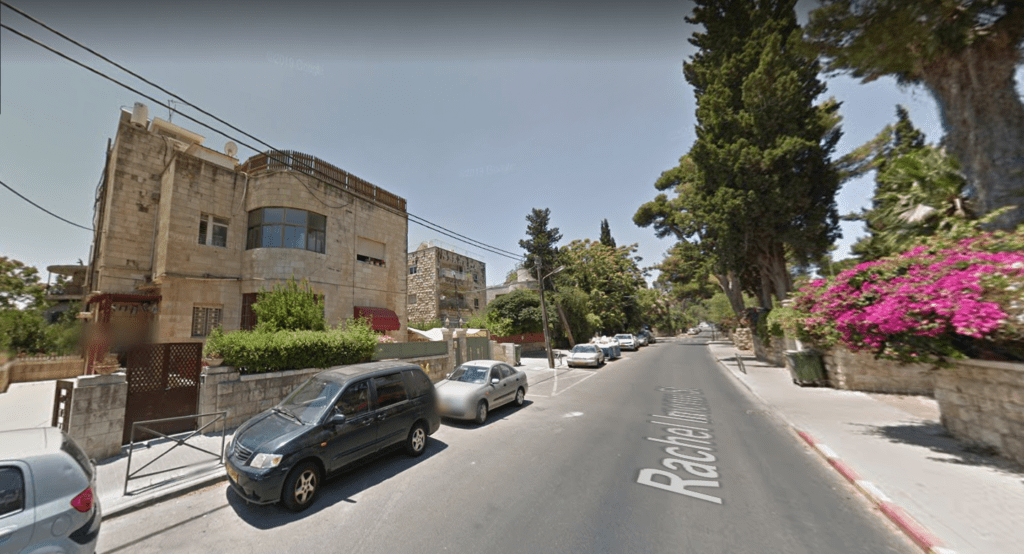

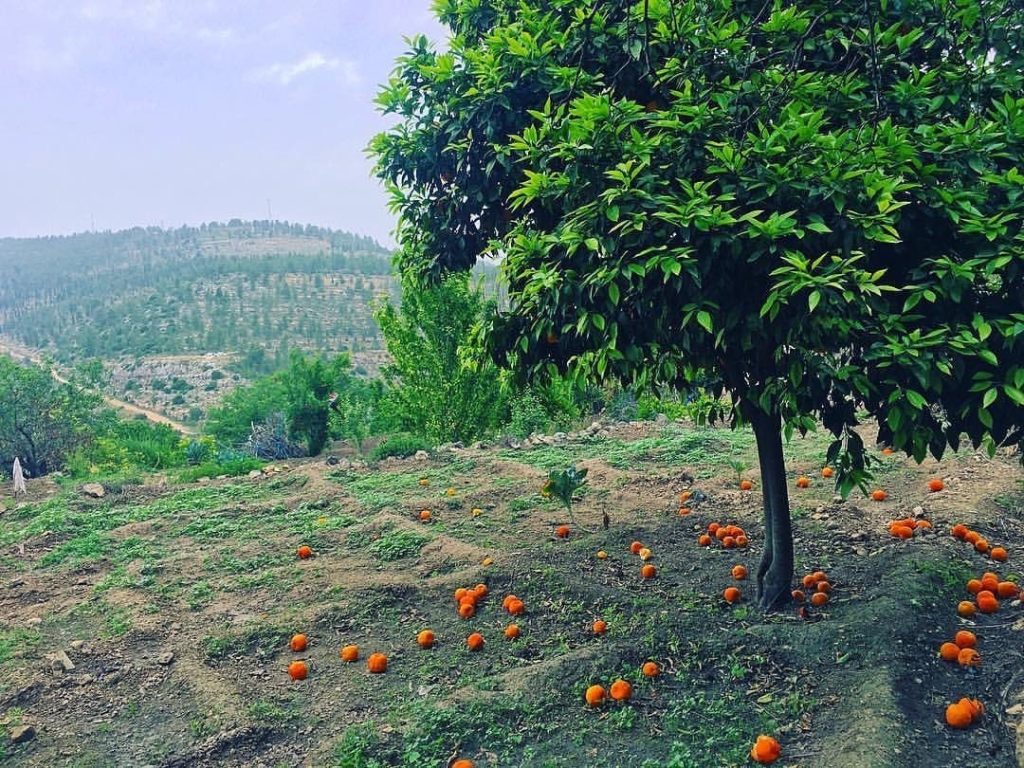

For my 24th birthday, my partner compiled a small collage of photos taken in Palestine on an Instagram account. I was astonished to find out that despite all the breakfast conversations I had with my grandmother, there was still so much I didn’t know and there were still countless stories to be told. We fully understood that there was a ‘Palestine Problem’ in western media, and most reporting focused on biased representations of the narrative. We thought we should share a different perspective: a juxtaposition of the Palestine that belonged to our ancestors and the Palestine of our generation.
We delved deeper into the treasure of photographed Palestine and with the power of social media, we found an abundance of images of our culture, landscapes, architecture, and heritage, each one jaw-droppingly beautiful with its own unique story.
Seeing that there was such an intense global interest in understanding Palestine through new depths and windows, our page began to grow organically. The response from Palestinians in the diaspora were so heartwarming, sharing that this page took them on a “journey back home” — a virtual one they cannot yet make physically. Just like Why Not, storytelling is the largest component of everything we do, and we hope to continue engaging people in this artistic revolution.
One organization I would recommend anyone to check out, and which I am especially passionate about, is The Freedom Theatre in Jenin’s refugee camp in the West Bank. The theatre holds workshops, organizes meaningful theatre productions, and provides hundreds of refugee children with opportunities to learn about acting, pedagogy and photography. It also helps artists publish books, exhibitions and short films and has been a powerful force of good for the community, particularly for girls, who otherwise face a difficult environment to thrive in.
I want to use this an opportunity to say Happy Birthday to my Grandmother, Renee Theodory Salti, who just celebrated her 90th birthday — and 90 years of Palestinian resistance and existence. It is in her honour that we continue to build Hidden Palestine.
Check out our Instagram page here: instagram.com/hiddenpalestine
Check out our website here: hiddenpalestine.com
– Mira Salti, Partnerships (Interim)


